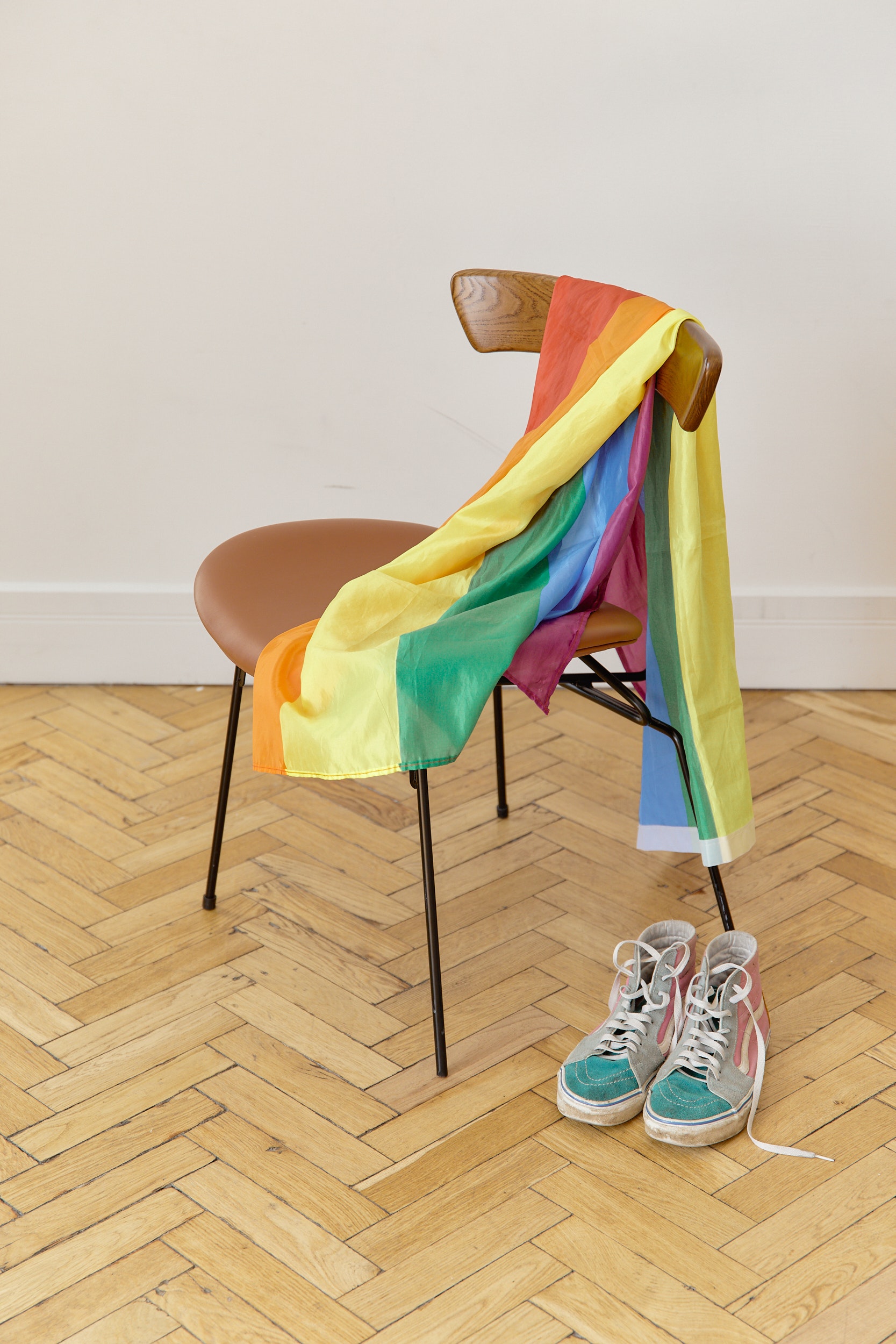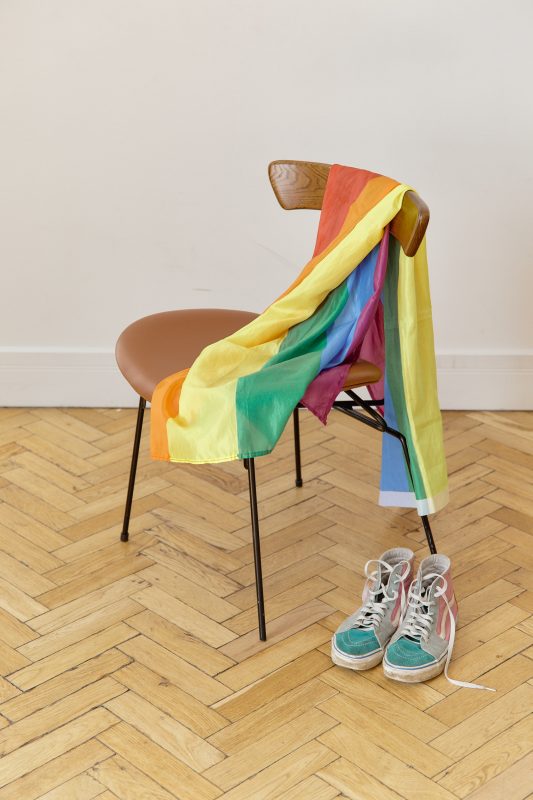What is lacking in the discussion about LGBTQ+ hate crimes

Content warning: this article mentions violence.

I feel gutted every time I hear about another shooting, and yet, horribly, it shouldn’t come as a surprise. The Nov. 19 attack on the Colorado venue Club Q, where the shooter killed five people, is just one of many fresh wounds from which the LGBTQ+ community is hurting.
In Manhattan on Nov. 24, a man was charged after breaking the window of a gay bar repeatedly, an offense that indeed hits too close to home considering the incidents in Colorado.
Let us not forget the 2016 gay club shooting in Orlando, Florida that killed 49 people, in what was the deadliest mass shooting by a single gunman in U.S. history, at least until the following year. And yet, we already have forgotten it, a habit that is too common for most of the global public.
But I will not let myself gloss over this hate crime with the typical narratives. It is not enough to merely respond, “we are deeply saddened, gun violence should stop”; gun control is one of the most dire needs in relation to these attacks, but repeating this necessity without action will get us nowhere. And on the part of the right-wing, it is not only counterproductive, but deeply wrong, to blame the queer community for the persistence of mass shootings.
These horrific instances require a deeper look into the ideologies that fuel such violent rage, and that night in Colorado especially stands out to me as a glaring example of ingrained hatred, both of the self and of others.
The shooter, a 22-year old local named Anderson Aldrich, identifies as non-binary, using they/them pronouns, according to their public defenders. Their father, Aaron Brink, a mixed martial arts coach and a former adult film actor, was interviewed by CBS 8 several days after the attack. As he describes, his initial reaction to the shooting was concern that his child was gay, not that they had become a mass murderer.
As Brink then elaborates, “I’m a Mormon, I’m a conservative Republican, and we don’t do gay”. He later clarifies that he is sympathetic to the victims’ families. However, it is no coincidence that Aldrich was led down such a dark path. Hate fuels hate, in many forms.
In the Church of Jesus of Latter-day Saints (Mormon church), it is taught that homosexuality itself is not a sin, but acting on it is. And although the Respect for Marriage Act, which would protect same-sex marriage in the United States, was advanced into federal law on Nov. 16 with a vote of 62-37, only 12 out of 49 Republicans voted for the bill.
There are few public biographical details about Anderson Aldrich. However, considering the facts of their family and the ideologies they would have grown up with, I would assume that the shooting carried out that Saturday night was a direct result of ingrained hatred against the LGBTQ+ community, and very likely, a potent form of self-hatred too.
Aldrich’s own identity may have been a cause of much inner turmoil, but it is also no excuse for the deaths they have caused. But either way, it needs to be emphasized that youth are especially susceptible to the opinions of those around them; if they hear their parents repeat phrases of prejudice and intolerance, either to them or to others, it has a lasting impact.
Hate is taught, and we need to be more aware of this in order to prevent it. At best, kids taught to hate will be forced to form their own, differing beliefs after some struggle. At worst, they will act on their beliefs and consequently commit murder.
So let’s not move on so quickly. We need to mourn the victims of the Nov. 19 shooting, the continued lack of a society that should have better understood their vulnerabilities as part of a minority group, and more importantly, we need to actually talk about it.


